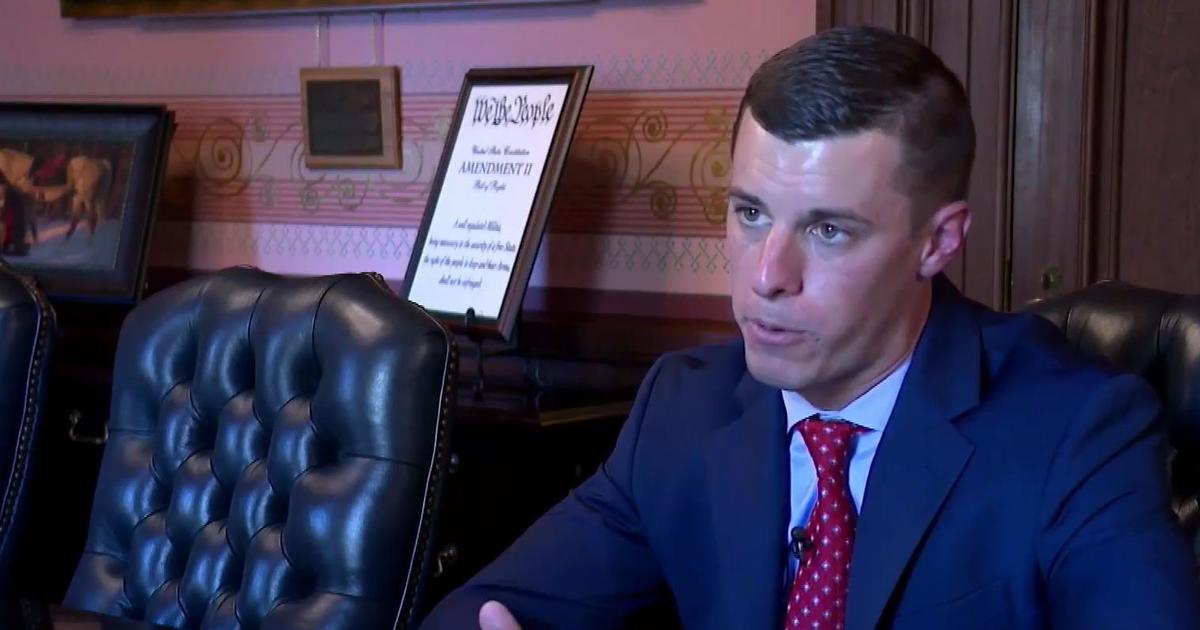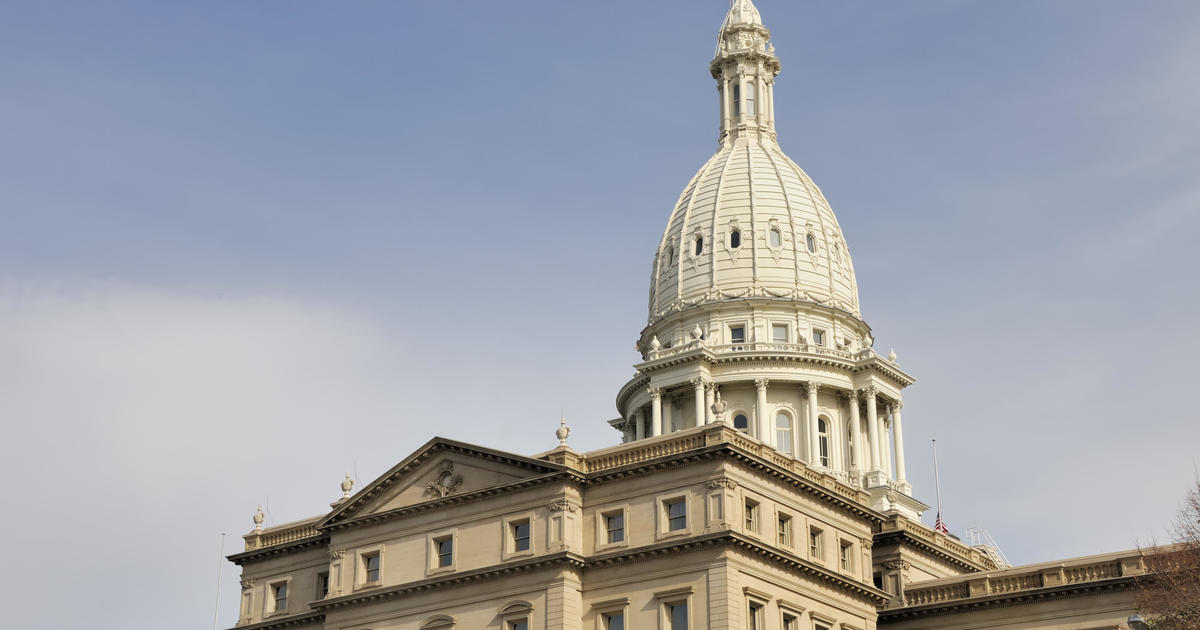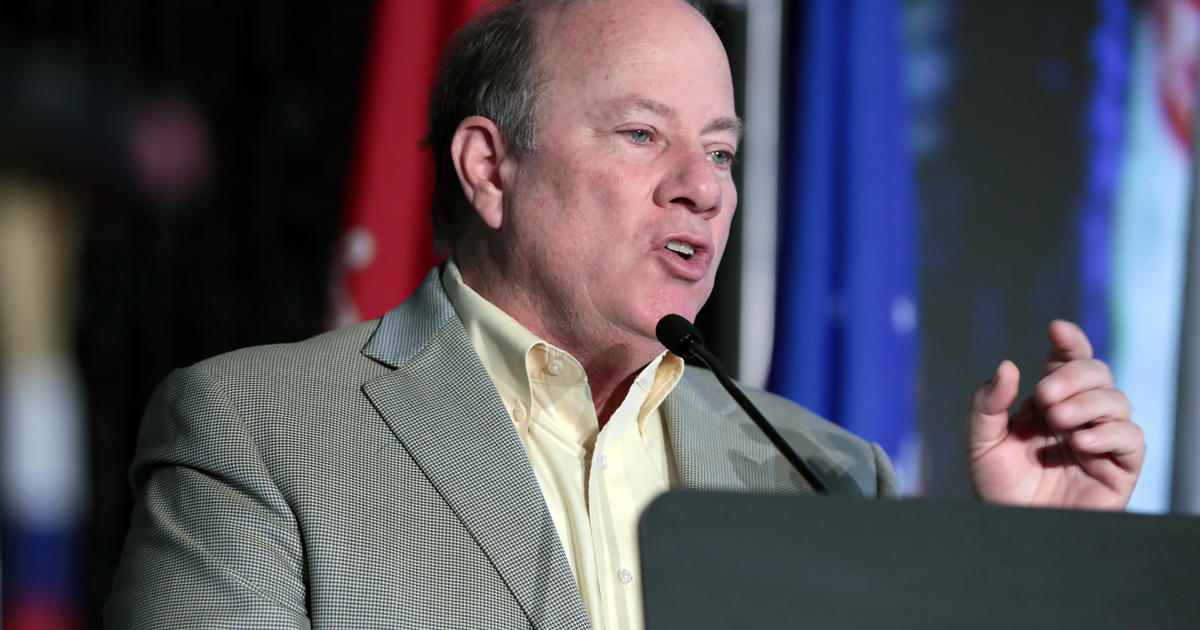Senate Passing Budget With $542M Less Than Snyder Plan
By David Eggert, Associated Press
LANSING (AP) - A divided Michigan Senate began passing a budget Wednesday that would spend or save $542 million less than in Gov. Rick Snyder's blueprint, setting the stage for high-level talks among Republicans over potentially using the money to pay unspecified transitional costs associated with ending new teachers' eligibility for a pension.
Like a House-approved plan, the Senate GOP's draft would spend roughly $275 million less in general funds than the Republican governor proposed. Unlike the GOP-led House, it would not add nearly $267 million to savings as called for by Snyder, who wants to see the so-called rainy day fund top $1 billion in the next fiscal year.
Past attempts to close the pension system to new hires and provide them solely with a 401(k) have failed, including late last term when Snyder opposed the idea. But Senate Majority Leader Arlan Meekhof said Wednesday that new information is being presented to Snyder on changing the Michigan Public School Employees Retirement System. House Speaker Tom Leonard also wants to close the hybrid pension-401(k) system created in 2010.
"We still have choices, but the one that actually makes the most sense to us at this point is MPSERS because you keep getting further and further in debt. You've got to stop," Meekhof told reporters.
The nonpartisan Senate Fiscal Agency estimated last year that such a switch could cost $1.6 billion to $3.8 billion in the first five years, depending on the assumed rate of investment return and whether payments into the pension system are accelerated for cash-flow and other reasons.
"It's a mistake," Senate Minority Leader Jim Ananich said of Republicans' desire to give new teachers a 401(k) but no pension, adding that the hybrid system is 100 percent funded. "That half a billion dollars that they've left out could be used for roads, could be used to make sure our schools are of high quality."
Snyder spokeswoman Anna Heaton said he has told lawmakers he would review any proposal put forward and weigh its impact on the budget.
"At this point he has not seen those numbers, but is open to continuing this discussion," she said.
Under the Senate K-12 budget OK'd Wednesday, public schools would receive between $88 and $176 more per student in their base funding — a bigger increase than Snyder's proposed $50 to $100 boost. Senators freed up the extra funding by foregoing $100 million that Snyder wants for reimbursing districts for their retirement costs.
Sen. Goeff Hansen, a Hart Republican who crafted the school aid budget that passed on a mostly party-line 23-15 vote, said the move would ensure that one-time funding is built in to per-pupil grants for the long term, not just the next budget.
"I'm very pleased with the adjustments we've been able to make," he said.
All Democrats and four Republicans opposed the proposed school budget, which would grow by 0.9 percent overall. State spending would rise by 1.8 percent.
Democratic Sen. Hoon-Yung Hopgood, of Taylor, said $631 million, the equivalent of $425 per kid, would be diverted from the school aid fund to help fund universities and community colleges.
"I cannot support a bill that siphons off so much money from our educators and our students," he said.
Democrats unsuccessfully sought amendments to no longer fund traditional and cyber schools the same and to stop helping private schools pay for state-mandated expenses.
The Senate approved five of its 16 budget bills Wednesday, a day after the House passed its two giant "omnibus" budget measures. The Senate will finish approving its plan Thursday.
Democrats accused Republicans of not adequately investing in a litany of areas such as mental health, environmental cleanup, much-needed state park infrastructure improvements, the enforcement of lead limits in drinking water statewide after Flint's crisis and understaffed state psychiatric hospitals.
Once revised tax revenue estimates are released in mid-May, legislative leaders and Snyder hope to finalize the next budget in June.
© Copyright 2017 The Associated Press. All Rights Reserved. This material may not be published, broadcast, rewritten or redistributed.



